Thank you letter to teacher template
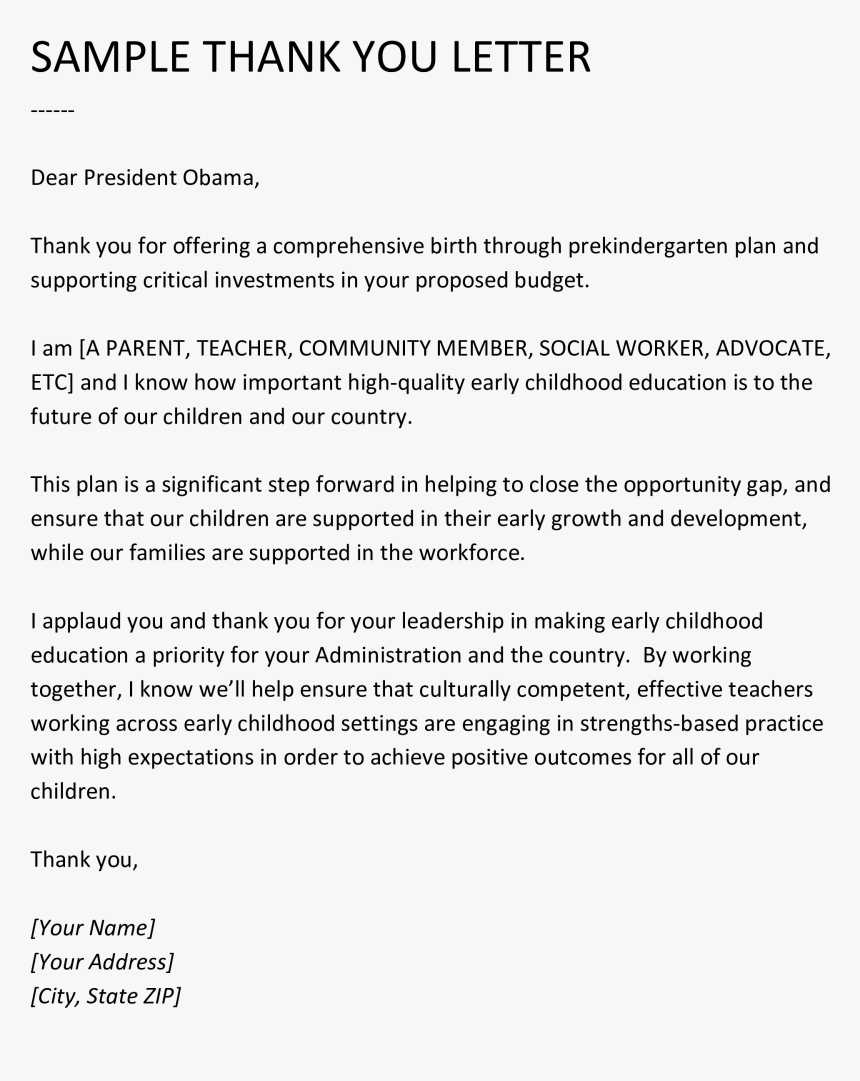
1. Start with a Personal Greeting
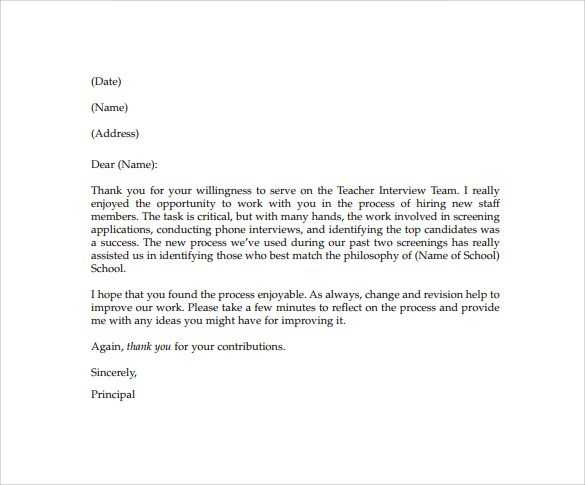
Address your teacher with a personal touch. Use their title and last name to maintain respect while also making it warm. For example:
Dear Mr. Smith,
2. Express Your Gratitude
Begin by clearly stating your thanks. Mention specific actions or qualities of the teacher that you appreciate:
I want to thank you for your patience and dedication throughout this semester. Your guidance has made a significant difference in my learning experience.
3. Mention Specific Contributions
Provide details of how the teacher helped you. Refer to specific moments, assignments, or guidance that stood out:
Your encouragement during our final project pushed me to do my best work, and I felt more confident in my abilities because of your feedback.
4. Reflect on How Their Teaching Has Impacted You
Share the impact the teacher’s methods or approach had on you:
I feel more prepared for the next steps in my academic journey thanks to your thoughtful approach to teaching. I will carry the skills you’ve helped me develop throughout my life.
5. Close with Warmth and Appreciation
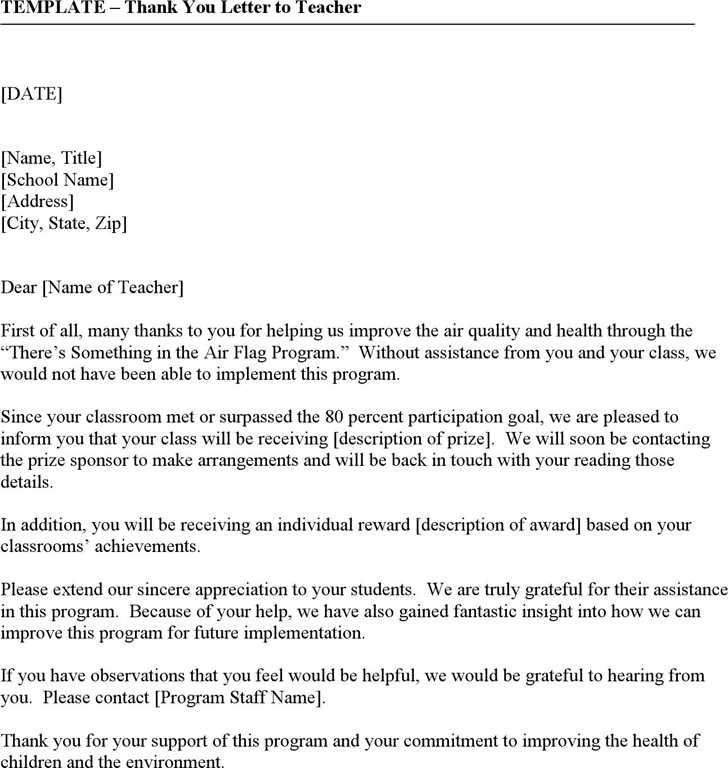
End with a closing sentence that reinforces your gratitude and leaves a lasting impression:
Once again, thank you for everything you’ve done. Your support has been truly meaningful to me, and I will always remember your kindness and expertise.
6. Signature
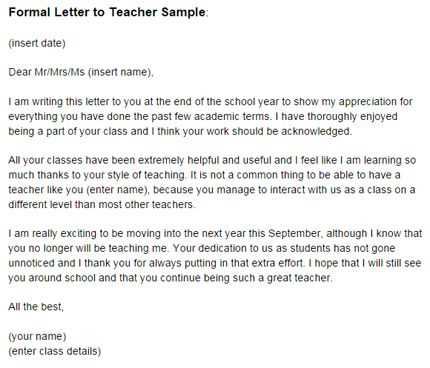
Sign off with a formal yet warm closing:
Sincerely, [Your Name]
Quick Tips:
- Keep your tone sincere and specific.
- Avoid general compliments; focus on particular moments that made a difference.
- Write the letter soon after the event so your thanks feel timely and genuine.
Thank You Letter to Teacher Template
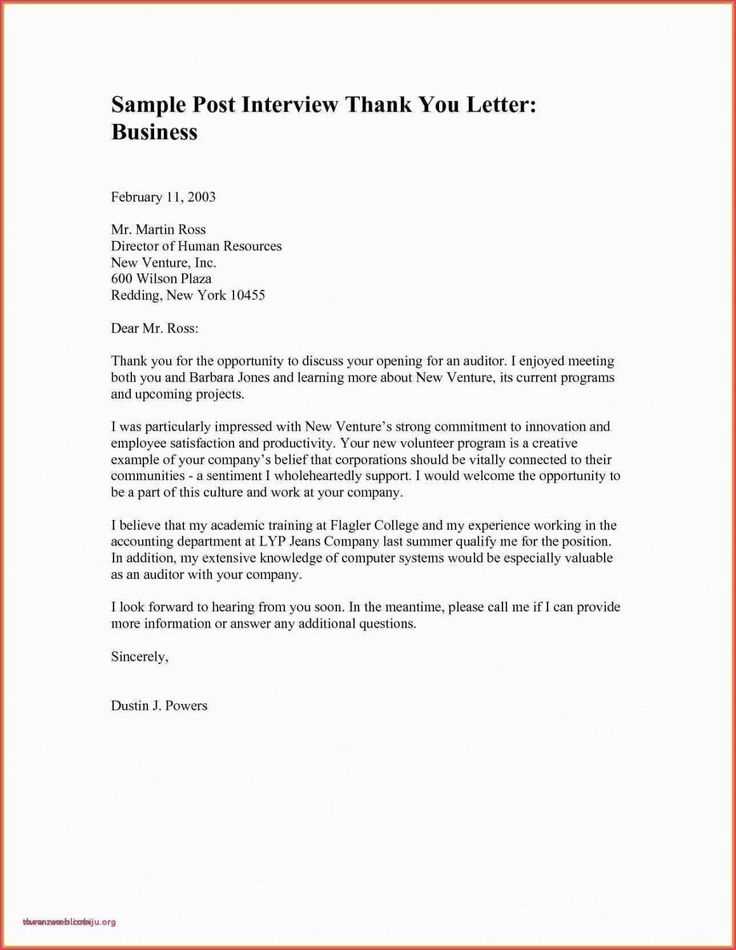
How to Begin Your Thank You Letter to a Teacher
Start your letter with a warm greeting, using a respectful and appropriate salutation. For example, “Dear Mr. Smith,” or “Dear Mrs. Johnson,” are both professional and friendly. Make sure to address your teacher formally, unless you have a closer relationship that permits a more casual tone.
What to Include in the Opening of the Thank You Letter
In the first paragraph, express your gratitude. Clearly mention the purpose of your letter, which is to thank them for their hard work and dedication. For example: “I wanted to take a moment to express my heartfelt thanks for the support and guidance you provided throughout the semester.” This sets a positive tone and establishes the reason for the letter.
Expressing Appreciation for Specific Lessons or Skills Gained
Share how their teaching impacted you. Mention specific lessons, skills, or insights that you gained. For instance, “The way you explained the concepts in biology made it so much easier to understand and apply the knowledge in real-life situations.” This shows that you truly paid attention and benefited from their efforts.
Personal Touch: Adding Significant Details to the Letter
Include a personal touch by reflecting on a moment that stood out to you during the course. It could be a particular project, a piece of advice, or a classroom experience that made a difference. Example: “I still remember how your advice during our group project helped me navigate through some of the challenges we faced.” Personal anecdotes make your letter more genuine.
How to Conclude Your Thank You Letter with Sincerity
Conclude your letter by reaffirming your appreciation. A simple yet sincere closing sentence, like “Thank you once again for everything you’ve done to help me succeed,” conveys your genuine feelings. Sign off with a formal or semi-formal closing such as “Sincerely,” or “Best regards,” followed by your name.
Formatting Advice for a Professional and Thoughtful Letter
Keep your letter clean and easy to read. Use a simple, readable font and maintain a formal structure with paragraphs. Begin with your contact information, followed by the date, the teacher’s contact information, and your salutation. Maintain a respectful and thoughtful tone throughout the letter. Make sure there are no spelling or grammatical errors, as this adds to the professionalism of your message.